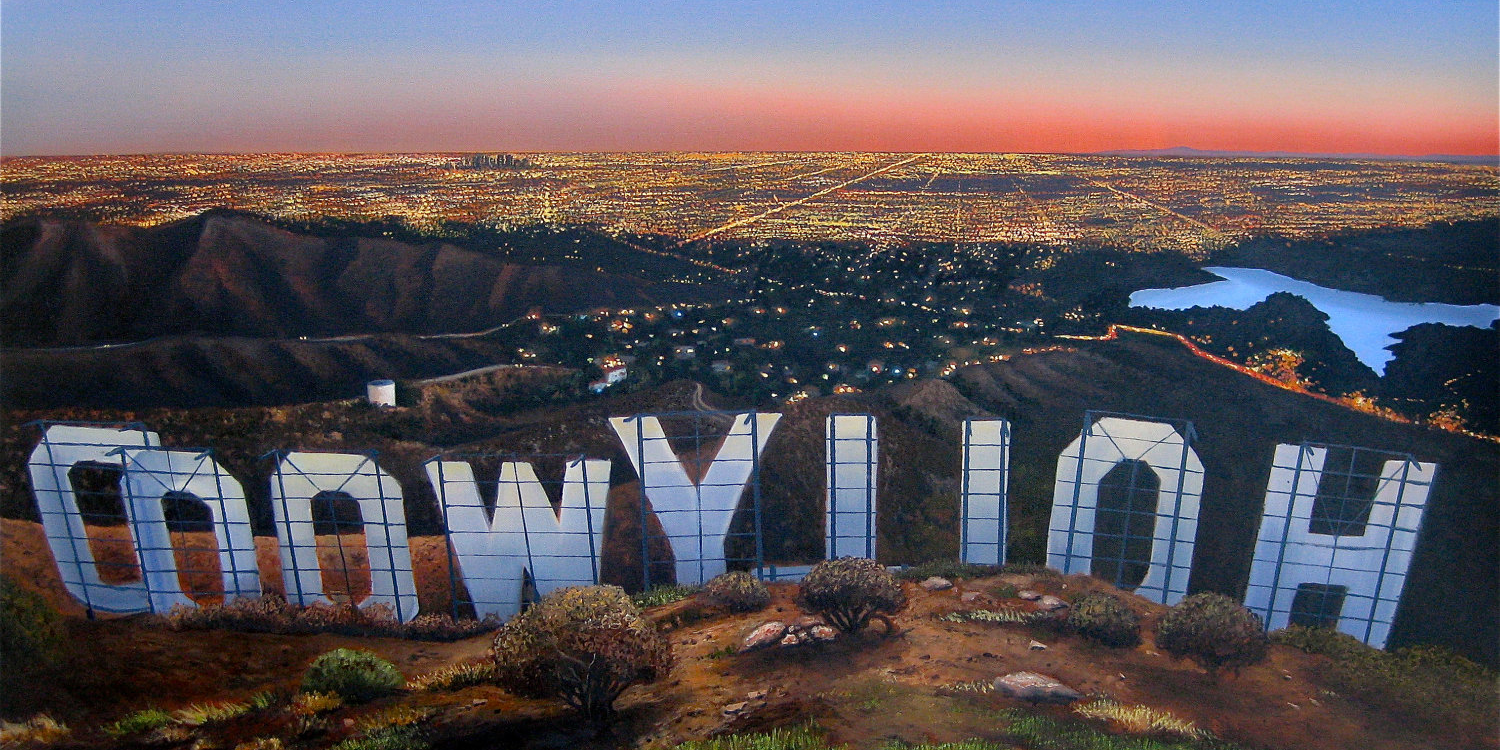The Oscars recently revised their criteria for “Best Picture” to emphasize diversity and underrepresented minorities. This new diversity initiative seeks to reshape how minorities are perceived, since the values in movies heavily influence our political and cultural milieu. While the Oscars’ new focus may spur more effective storytelling in film, most films produced and watched in America today are not intended to win golden statues. Modern movies designed for mass audiences lack diversity in a far less noticeable way, and their messaging subtlety skews our political thinking.
Popular movies make millions of dollars at the box office and are almost entirely built off the same story pattern: comedy. This is particularly true for blockbuster superhero films, the kind of box-office hits that rattle gold coins into Disney executives’ coffers. Comic book flicks may not contain explicitly humorous elements, Batman Begins, for instance, did not. However, the plot substructure is still comedic: the story begins and ends with the main characters happy, guilt-free, and having “saved the day.” Rarely are our heroes put into situations where the story forces them to grapple with tragic consequences. This formula is successful, but unfortunately these highly lucrative cinematic franchises consistently signal that hard choices do not entail unavoidable difficulties.
Sometimes, the on-screen heroes are presented with the classic philosophical ”trolley problem” of choosing between saving a close friend and a multitude of undifferentiated people. In these scenarios, our hero can sidestep the moral dilemma by rescuing both simultaneously. In other cases, the main character chooses to give up their life in an act of self-sacrificial glory to save their friends, only to then escape certain death. In both situations, the moral questions embedded are never meaningfully answered, and our culture is worse off for it.
For example, Christopher Nolan’s The Dark Knight trilogy is known for its “dark” and “gritty” portrayal of Batman. However, the comedic substructure still haunts the films. The Dark Knight Rises ends with Bruce Wayne seemingly dying to save Gotham City from nuclear destruction. A few scenes later, he miraculously reappears in a Paris cafe with his primary love interest. Nolan deprives the audience of feeling the weight of Wayne’s heroism. Tragic and compelling storytelling is sacrificed at the altar of sequels and future earnings.
Similarly, in Avengers, Tony Stark is notified that the government has fired a nuclear bomb at New York City to respond to an alien invasion. Stark, concerned for the city’s safety and his love interest Pepper Potts, pushes the bomb into outer space, killing the aliens and threatening Stark’s own life. A minute after this traumatic climax, Stark regains consciousness. The danger is averted, the world is saved, and he goes to eat shawarma. Captain America: The First Avenger is yet another example of a main character “sacrificing” his life only to reappear on screen not two minutes later.
Few blockbusters show the consequences, the frequently tragic consequences, of responsibility. The famous last words of Uncle Ben to Peter Parker are: “With great power comes great responsibility”; our cinematic culture says it believes this axiom, but then refuses to show the audience the price of responsibility, the price of power. This messaging leads to serious misperceptions about human decision-making.
The natural byproduct of the entertainment culture is evident in our collective approach to politics. We don’t meaningfully address difficult budget decisions because cutting spending and raising taxes isn’t politically viable, despite our 26 trillion dollar deficit. Voters prefer low taxes and high spending. Voters want bipartisanship and their preferred ideological policies. Tradeoffs are unfamiliar.
This is especially true in light of the coronavirus pandemic. Media outlets lambast governors across the country for failing to insulate citizens from COVID-19, while also criticizing them for inadequately protecting the American economy. California is still under lockdown orders, and its economic struggles are a talking point among conservative pundits. Conversely, Florida governor Ron DeSantis is accused by liberal outlets for over-prioritizing the economy. It’s no surprise that partisan politics colors our COVID-19 response. What is interesting is that both sides employ rhetoric that assumes that the proper policy proposals could have saved both the citizenry and the economy from harm.
Some commentators have argued that strict lockdown orders are necessary to help stem the coronavirus spread and will help avert a severe economic downturn. Others point to skyrocketing suicide rates and economic losses and argue that opening the economy is beneficial for Americans’ financial and physical health. Both fall prey to the fallacy constantly purveyed by our modern movie culture: tragedy is unacceptable, and our leaders must create happy endings.
The Oscars want to increase the diversity of the films considered for their prestigious award. While increasing the diversity of the on-screen characters may well be a laudatory goal, perhaps adding a new category would indeed foster more diversity: “Best Tragedy.” Tragedy has been an indefatigable constant in storytelling, from classical Greece to Shakespeare, from Faust to Blood Meridian. To lose it entirely from our cultural context would perhaps be the most tragic thing of all.

